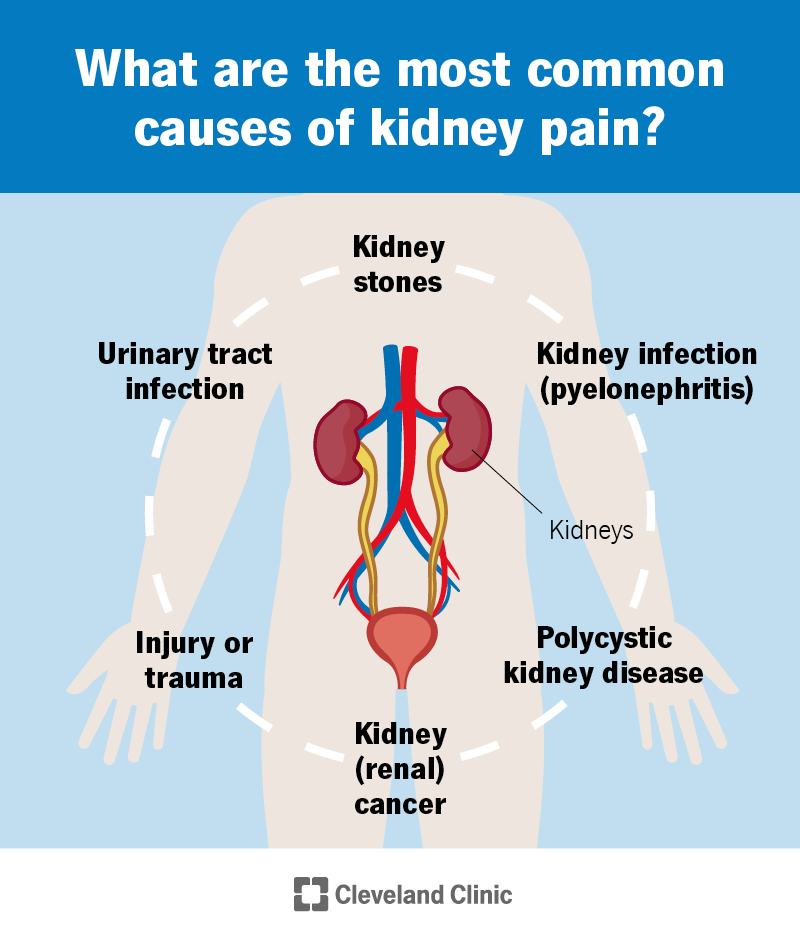Navigating the Signs And Symptoms of Kidney Stones vs UTI: A Thorough Contrast
Navigating the Signs And Symptoms of Kidney Stones vs UTI: A Thorough Contrast
Blog Article
Comprehending the Secret Differences In Between Kidney Stones and Urinary System Tract Infections: An Extensive Summary for Patients
Comprehending the distinctions between kidney stones and urinary system tract infections (UTIs) is necessary for individuals that might be experiencing similar symptoms yet deal with significantly different health and wellness challenges. As we explore these essential elements, it becomes clear that recognizing the one-of-a-kind qualities of each condition can profoundly impact individual end results.
Introduction of Kidney Stones
The formation of kidney stones, a unpleasant and usually devastating problem, underscores the critical value of maintaining kidney wellness. The primary kinds of kidney stones include calcium oxalate, calcium phosphate, uric acid, struvite, and cystine stones, each with unique causes and danger elements.
A number of variables add to the development of kidney stones. In addition, metabolic problems and certain clinical conditions might predispose people to stone development.
Symptoms of kidney stones can consist of serious flank hematuria, discomfort, and queasiness, which frequently trigger immediate medical analysis. Treatment options vary, varying from raised liquid intake and nutritional modifications to clinical treatments such as lithotripsy or medical elimination, depending upon the dimension and place of the stones. Comprehending these elements is essential for reliable avoidance and monitoring.
Review of Urinary System Infections
Urinary system system infections (UTIs) stand for a common yet considerable wellness problem, influencing countless individuals yearly. These infections happen when microorganisms go into the urinary system, that includes the kidneys, ureters, bladder, and urethra. The majority of UTIs are brought on by Escherichia coli, a kind of bacteria generally found in the intestinal system. While UTIs can impact anybody, they are especially prevalent in females because of physiological differences that assist in bacterial entry.
The danger aspects for establishing a UTI consist of sex-related task, specific sorts of birth control, urinary retention, and a background of previous infections. Individuals with weakened immune systems or pre-existing conditions, such as diabetes, might likewise be at higher threat. UTIs can be identified right into 2 main types: difficult and uncomplicated. Straightforward UTIs are typically restricted to the bladder and are a lot more typical in healthy people, while challenging UTIs might entail the kidneys and occur in those with underlying health issues.
Trigger diagnosis and treatment are necessary to avoid issues, such as frequent infections or kidney damages (Kidney Stones vs UTI). Typically, UTIs are treated with anti-biotics, and safety nets can be used for those with constant incidents
Common Symptoms Contrast
Signs of urinary system infections and kidney stones can typically overlap, leading to complication in medical diagnosis. In contrast, kidney stones often tend to cause extreme, sharp discomfort that radiates from the back to the lower abdomen and groin, typically defined as colicky pain.
In addition, UTIs may be come with by fever and chills, specifically in more severe instances, while kidney stones can result in queasiness and throwing up as a result of intense discomfort. Both conditions can result in blood in the urine (hematuria), but the presence of blood is extra typically related to kidney stones. While pain during urination is a trademark of UTIs, kidney stones usually present with even more sharp pain episodes, which may reoccur. Understanding these symptom differences can help clients in identifying their condition, although clinical evaluation remains crucial for accurate diagnosis and therapy.
Medical Diagnosis Techniques
Exactly how can medical care specialists precisely distinguish between kidney stones and urinary system tract infections? The analysis procedure starts with a thorough clinical background and a comprehensive testimonial of the individual's symptoms. Clinicians usually do a physical assessment, which may reveal tenderness in the abdomen or flank region, assisting the analysis pathway.
Research laboratory examinations play a critical role in comparing these 2 conditions. Kidney Stones vs UTI. A urinalysis can determine the existence of blood, crystals, or microorganisms, which are indicative of either problem. In situations of urinary tract infections, the urinalysis might show a considerable visibility of white blood cells and nitrites, while kidney stones might present with specific crystals
Imaging researches, such as abdominal ultrasound or computed tomography (CT) checks, are necessary for envisioning kidney stones. These imaging techniques allow healthcare companies to assess stone dimension, area, here and prospective obstructions in the urinary system tract. In contrast, urinary system tract infections typically do not call for imaging unless issues are suspected.
With each other, these analysis techniques equip health care specialists to precisely set apart and detect in between kidney stones and urinary system system infections, guaranteeing that individuals get proper treatment and monitoring.
Treatment Options and Avoidance
While both kidney stones and urinary system infections (UTIs) call for punctual treatment, their administration strategies differ substantially.
The treatment for kidney stones commonly entails discomfort management, hydration, and in many cases, clinical treatments such as extracorporeal shock wave lithotripsy (ESWL) or ureteroscopy to damage or eliminate down stones. Clients are often advised to raise liquid intake to promote stone flow and lower recurrence. Nutritional modifications might likewise be essential, depending upon the stone type.
On the other hand, UTIs are mostly treated with prescription antibiotics to get rid of the bacterial infection. The specific antibiotic prescribed depends on the germs determined and regional resistance patterns. Added steps, such as enhanced liquid consumption and urinary system anesthetics, might assist reduce signs and symptoms.
Prevention techniques differ also; for kidney stones, preserving adequate hydration and adhering to nutritional restrictions can be reliable. For UTIs, preventive approaches consist of appropriate discover this health methods, peing after intercourse, and perhaps prophylactic antibiotics for persistent infections. Recognizing these treatment and avoidance methods is essential for reliable administration and to minimize the threat of complications connected with both problems.
Final Thought

Recognizing the distinctions in between kidney stones and urinary system tract infections (UTIs) is essential for patients that may be experiencing similar signs and symptoms yet encounter greatly different wellness obstacles. The main kinds of kidney stones consist of calcium oxalate, calcium phosphate, uric acid, struvite, and cystine stones, each with distinctive reasons and risk elements.

Report this page